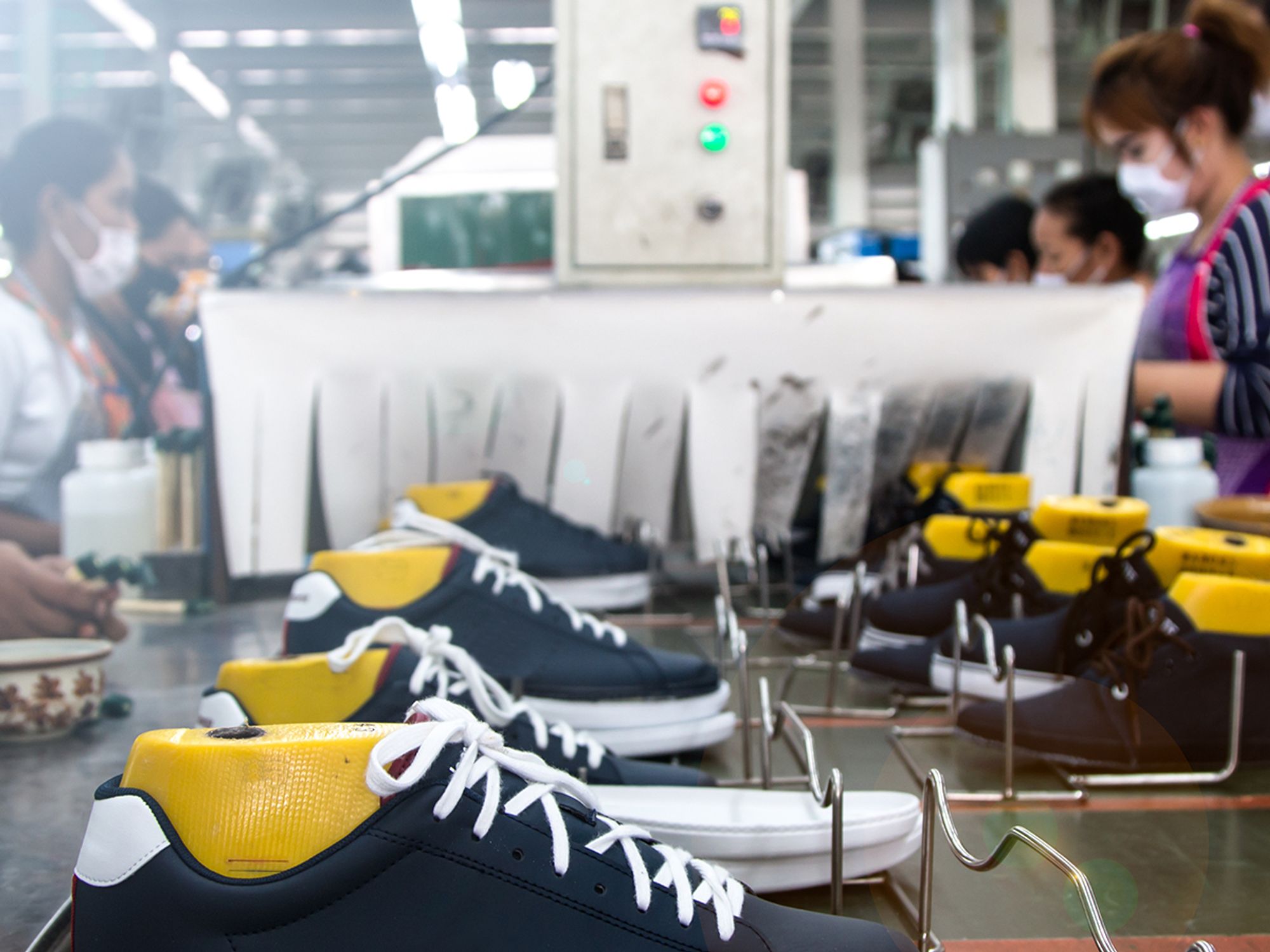What are “hot goods”?

- Employers and unions are forbidden from acting together to withhold work or goods from “unfair” employers.
Section 8(e) of the National Labor Relations Act (NLRA), added to the Act in 1959, makes it an unfair labor practice for any labor organization and any employer to act together and enter into what is commonly called a “hot cargo” or “hot goods” agreement. It may also limit the restrictions that can be placed on the subcontracting of work by an employer.
The typical hot cargo or hot goods clause in use before the 1959 amendment to the Act provided that employees would not be required by their employer to handle or work on goods or materials going to, or coming from, an employer designated by the union as “unfair.” Such goods were said to be “hot cargo,” giving Section 8(e) its popular name. These clauses were most common in the construction and trucking industries.
- Forbids an employer and a labor organization to make an agreement whereby the employer agrees to stop doing business with any other employer; and
- Declares void and unenforceable any such agreement that is made.
It should be noted that violations of Section 8(b)(4) include a strike or picketing, or any other union action, or the threat of it, to:
- Force employers to agree to a hot cargo provision; or
- Force them to act in accordance with such a clause.
Exceptions are allowed in the construction and garment industries, and a union may seek, by contract, to keep within a bargaining unit work that is being done by the employees in the unit or to secure work that is “fairly claimable” in that unit.
